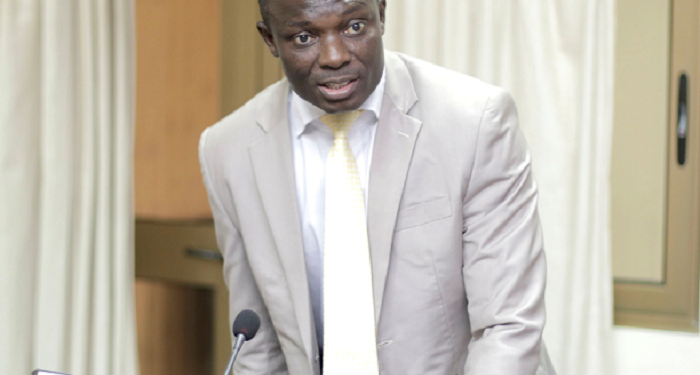Deputy Minister for Finance, Kwaku Kwarteng, has admitted to a reintroduction of some ‘nuisance’ taxes abolished by the incumbent government upon assumption of power in 2017.
The Deputy Finance Minister confessed to government reintroducing some of the abolished taxes during an interview on TV3’s The Key Point monitored by norvanreports.
But this was after former Finance Minister under the erstwhile NDC administration, Seth Terkper, made the disclosure.
“The NPP claim they have abolished the 17 ‘nuisance’ taxes that were burdening Ghanaians and businesses, and that they were moving the economy from taxation to production but that is not true because they have gone back to reintroduce them through other means,” Mr Terkper posited.
But putting up a defence for government, Mr Kwarteng noted that although government had removed some taxes, it was also its responsibility to look at which of the taxes had to be reintroduced to enable government achieve its objectives.
“Even though in 2017 we had abolished some taxes, it is the responsibility of government as the economy grows to see which taxes will have to be reduced further, and which other taxes will have to be reintroduced in order to achieve specific economic policy objectives,” he stated.
The New Patriotic Party (NPP) in its 2016 manifesto promised to shift the Ghanaian economy from one of taxation to production by abolishing some seventeen (17) taxes it described as ‘nuisance taxes.’
These 17 taxes, according to the NPP in 2016 were burdening Ghanaians as well as businesses. The NPP upon assumption of power in 2017 abolished and in some cases reduced the 17 nuisance taxes.
The taxes abolished or reduced include:
17.5% VAT/NHIL on real estates, abolishing the 17.5% VAT/NHIL on selected imported medicines, not produced locally, abolishing of the 17.5% VAT/NHIL on financial services, and abolishing import duty on the importation of spare parts. 1% special import levy, 17.5% VAT on domestic airline tickets, levies imposed on Kayayei by local authorities, reduced import duty for all goods excluding vehicles 50% and vehicles by 30%, abolished excise duty on petroleum, provided full corporate tax deduction for private universities who plough back 100% of profits into the university, reduced National Electrification Scheme Levy from 5% to 3%, reduced Public Lighting Levy from 5% to 2%, reduced special petroleum tax rate from 17.5% to 13%.
The government also replaced the 17.5 VAT/NHIL rate with a flat rate of 3% for traders and granted Capital Gains Tax Exemption on stocks traded on the Ghana Stock Exchange or publicly held securities approved by the Securities and Exchange Commission (SEC).








